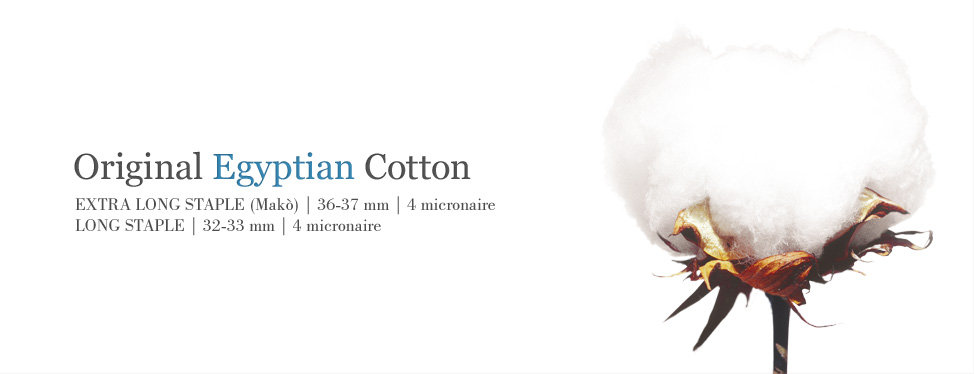
You know how it goes, Brand Authenticity = Product Authenticity = Brand Authenticity = Experiential Authenticity = Brand Authenticity. . . and the beat goes on!
You hear a lot about how brands are supposed to be “authentic,” although you’re likely to hear different definitions from different brands, some related to category, some related to experience, and some actually even related to brand, with some designations more plausible than others. Brand Keys views “brand authenticity” as a set of values – the most leveragable of which are emotional – that a brand can believably own.
The critical words in that last phrase was “believably own” because it turns out that there’s an enormous difference between a brand saying something, a brand doing something, and a brand doing something believably. If it helps, think of it as a brand’s emotional version of “a promise made, should be a promise kept.” In a world where consumers talk to themselves before they talk to brands, you definitely want consumers to feel that your brand is keeping its promises – or the promises you make about your products or services – and, thus, protect your brand’s authenticity.
In the Retail sector, “authenticity” has a lot to do with “trusting what the brand says or sells,” which has a lot to do with “brand reputation,” which has a lot to do with “customer loyalty,” which has a lot to do with “sales,” which has a lot to do with. . . well, you get the point. This is true in all retail sectors, but more particularly in the sub-category “Discount Retailers.”
In a category where low-lower-lowest prices correlate so very highly with the perception of value and product primacy, consumers ask the question, does the product deliver on what was promised and do I feel I received real value? Authenticity is why responsibility for things like illegal child labor practices ultimately came back to haunt discount retailers. They weren’t running the sweatshops, but who else was the customer to blame? Sure, cheap is cheap, after all. But do consumers really care where a product is manufactured? Or how? Or if it’s exactly up to specs? Or whether political prisoners are sewing soccer balls with their teeth? The easy, intuitively obvious and rational answer is, of course “yes,” but brand loyalty research in the Discount Retail category proves it’s so. And to a much larger extent that has previously been assumed.
A recent Brand Keys study examined Target, Walmart, and Kmart shoppers and measured the connection of authenticity to actual behavior in the marketplace. It turns out that people who felt the brand more “authentic,” shopped the brand six times more frequently, bought more products from that retailer, and were also more likely to rebuff competitive offers, especially one that were price-based. They don’t call it “Discount Retail” for nothing!
So an authentic brand yielded more loyal customers. But it also turns out that “authenticity” is strongly related to expectations consumers hold for primacy-of-product, the head-nodding response to the question, “Did I get what I paid for?”
These findings were most recently face-validated when Target pulled Welspun India Ltd.’s products from their shelves after the brand’s investigation found they couldn’t guarantee that the products were actually 100% Egyptian cotton as advertised.
The following week Walmart announced that it would stop selling the “Egyptian” cotton sheets made by Welspun because they couldn’t attest to the products legitimacy. They removed all products from their shelves and have offered customers a full refund. They donated the sheets to some good cause.
But it turns out that Welspun has not used actual Egyptian cotton in their products for two years. Oops! And if that’s not enough to have you question the authenticity of products you buy, the Cotton Egypt Association, which certifies suppliers, estimates that 90% of products labeled “Egyptian cotton” are inauthentic, or the precise opposite of “authentic.”
Good brand marketers need to understand that not only must their brands be authentic, but their products must be authentic too. And while our studies have confirmed that precept, perhaps Shakespeare said it best:
This above all: To thine own self be true,
And it must follow, as the night the day,
Thou canst not then be false to any man.
Particularly it you want loyal consumers.
Find out more about what makes customer loyalty happen and how Brand Keys metrics is able to predict future consumer behavior: brandkeys.com. Visit our YouTube channel to learn more about Brand Keys methodology, applications and case studies.
Share this: